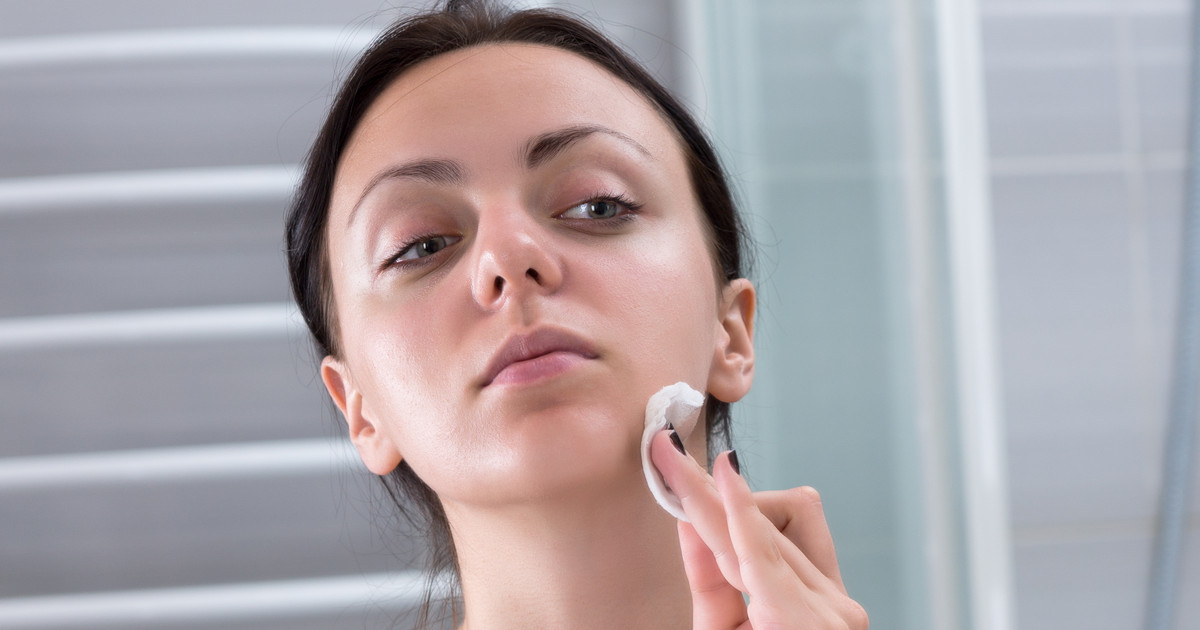Guide To Bakuchiol
Potential Medication Interactions

Patients should let all of their healthcare providers know about any medicines they are using to reduce the risk of potential medication interactions. This includes over-the-counter drugs, prescriptions, and supplements. Patients may need to discontinue bakuchiol during treatment with certain medicines, and it may be necessary to adjust medication doses.
Dermatologists advise patients to avoid using bakuchiol with glycolic acid. Using them together could cause the bakuchiol to degrade. This reduces its effectiveness. Patients who use prescription or over-the-counter topical treatments for acne, psoriasis, eczema, or similar skin conditions should ask their dermatologist if it is safe to use bakuchiol with these treatments. Bakuchiol could change the way other topical treatments behave. In terms of internal use, patients should only take bakuchiol by mouth if their doctor has recommended this.
